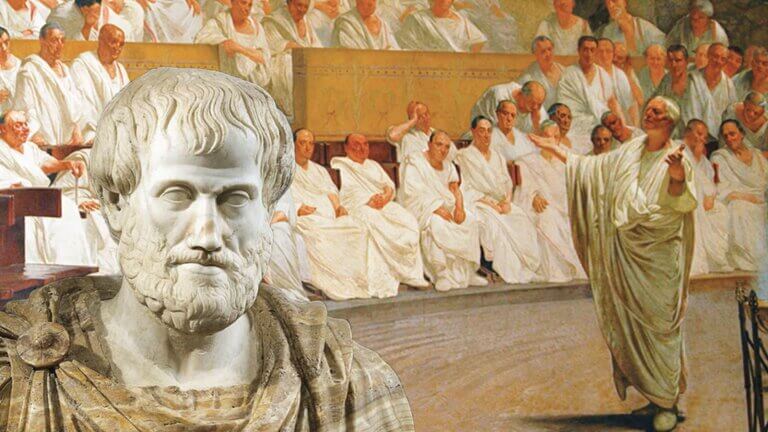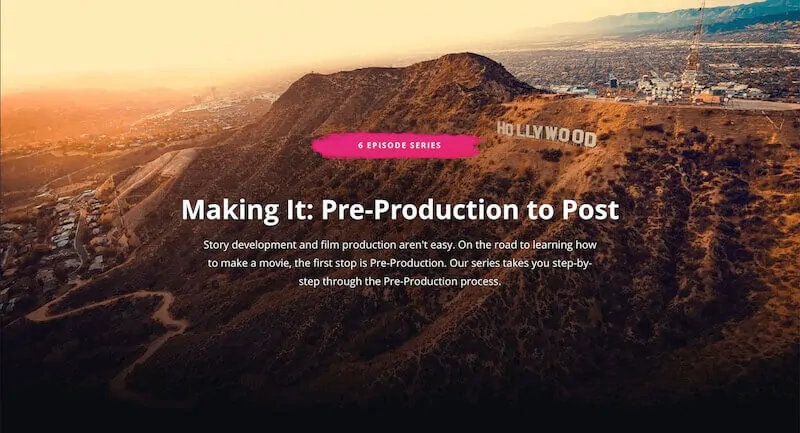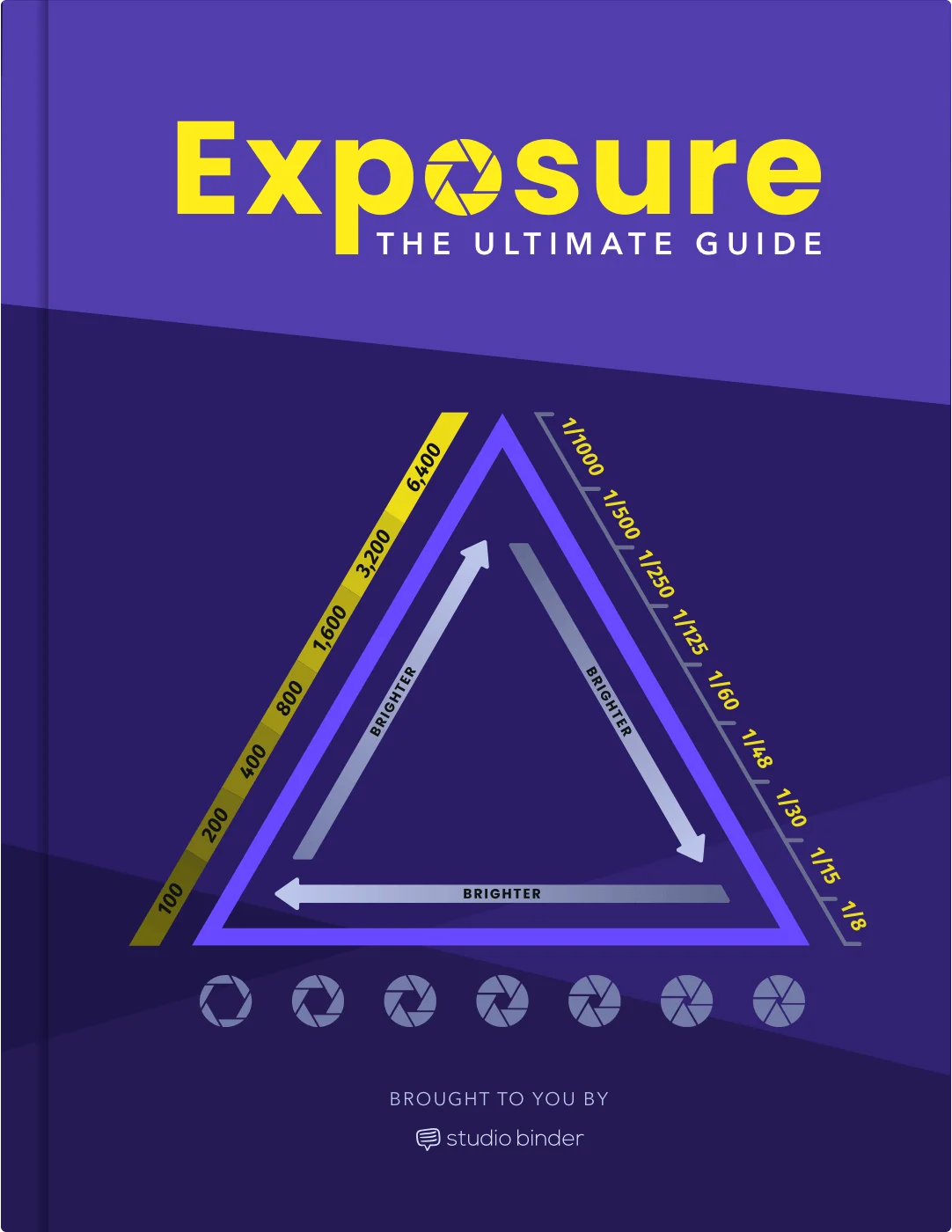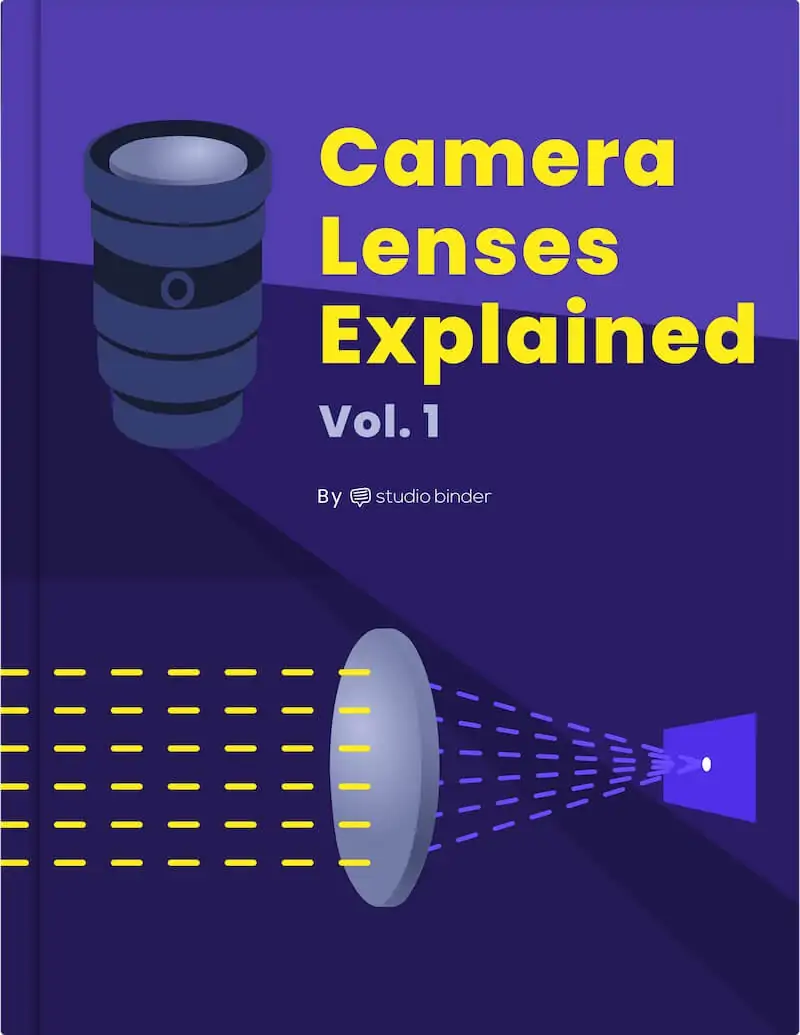You probably have heard of the terms ethos, pathos, and logos before. You may even understand what each is. However, you may not know them as rhetorical appeals. What are rhetorical appeals and how is each one a cornerstone of rhetoric? In this article, we’ll take a look at the components of the rhetorical appeals, how they are effective, and which one Aristotle thought was the most important in creating persuasive arguments. Continue reading What are Rhetorical Appeals — The Art of Persuasion Explained
Ethos is a mode of persuasion that appeals to credibility. Ethos has been used for thousands of years, and it is still used today to communicate authority. We’re going to look at some ethos examples, but first, let’s look at what makes it different from the other rhetorical appeals: logos and pathos.Continue reading Ethos Examples in Literature, Ads, Speeches & More
Want to make more persuasive videos? Whether you’re producing a commercial, launching a campaign, or developing content strategy, you need to know how to win over your audience. How? It all comes down to timing. One of today’s most relevant "advanced techniques" is the concept of kairos, or acting at the opportune moment. In this post, we’ll give you a kairos definition, useful kairos examples, and a firm grasp of lofty concepts. Get ready to hone your timing to make stronger advertising videos.Continue reading What is Kairos in Rhetoric — Definition and Examples Explained
Want to stir your viewers’ emotions? Whether you’re shooting a commercial, planning a pitch, or training your sales team, you need to know how to connect where it counts. Make the audience feel it. Okay, sounds good, but how? Aristotle’s got you covered. In the fourth century B.C., the ancient Greek philosopher posited three modes of persuasion that endure to this day. Aristotle’s “rhetorical triangle” — ethos, pathos, and logos — continues to fuel the best in advertising. So, what is pathos? We’ll give you a pathos definition, lots of useful pathos examples, and a practical grasp of the heavy…
Logos is a mode of persuasion that appeals to logic. Logos has been used for thousands of years, and it is still used today to communicate reason. We’re going to look at a variety of logos examples, but first, let’s explain what it is, and how it’s different from the other rhetorical appeals: ethos and pathos. Continue reading Logos Examples in Literature, Speeches, Ads & More
Repetition and rhythm can make mundane ideas have tremendous impact. A great example of this done in a very specific way is chaismus. While its use has been traced back to ancient texts, including the Bible and works of classical Greek and Latin authors, its formal identification and naming as a distinct rhetorical device occurred much later. But what is chiasmus exactly? Continue reading What is Chiasmus — Definition, Examples, and Uses
Is there any better feeling than winning an argument? Fortunately, Aristotle gave us the key to doing just that millennia ago. The Greek philosopher laid out three key components to persuading an audience that continue to be relevant today. So what is the rhetorical triangle? And how can you use it?Continue reading What is the Rhetorical Triangle — Definition & Case Study













